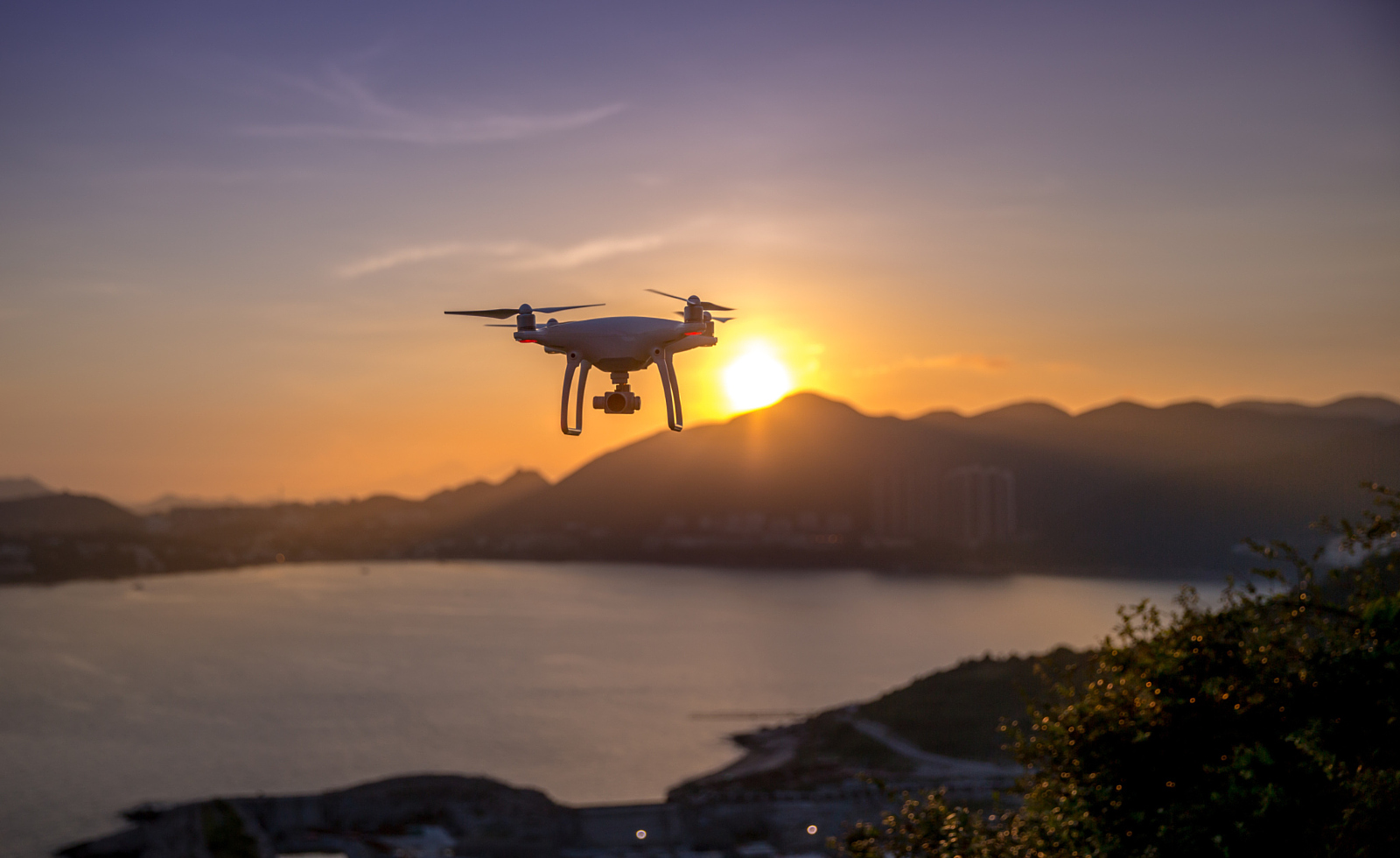Best Telescopes for Intermediate Users: Which to Choose?
If youre navigating the vast universe of photography while also harboring a fascination for astronomy, youre likely considering the best telescopes for intermediate users. Finding the right telescope can greatly enhance your observational experience and enable you to capture breathtaking celestial photographs.
While beginner telescopes can offer a taste of stargazing, they often lack the features that intermediate users require to further their ventures into the cosmos. Therefore, this guide will help you choose a telescope that not only meets your needs but also aligns closely with your photographic ambitions.

Understanding Telescope Types
Before diving into specific recommendations, its paramount to understand the different types of telescopes available. The primary categories of telescopes suitable for intermediate users include refractor, reflector, and compound telescopes, each offering unique features and benefits.
1. Refractor Telescopes
Refractor telescopes are notorious for their ease of use and the crisp, clear images they produce. These telescopes utilize lenses to gather and focus light, making them ideal for viewing planets and bright celestial objects. As an intermediate user, consider models with larger apertures, as they will allow for better light collection, crucial for capturing details when photographing celestial events.
2. Reflector Telescopes
Reflectors, on the other hand, use mirrors to reflect light. This type of telescope is popular among intermediate users for its larger aperture capabilities, yielding more powerful light-gathering ability, allowing you to see fainter objects. Great for deep-sky photography, reflectors can range from small Dobsonians to large Newtonian telescopes.
3. Compound Telescopes
Compound telescopes merge the best features of refractor and reflector designs, offering versatility. They tend to be compact and portable, making them perfect for photographers who may want to travel to dark sky locations. These telescopes can be excellent for rich-field images and can even help you capture remarkable views of nebulae and galaxies.
Essential Features for Photographers
An essential aspect of the best telescopes for intermediate users is how well they can accommodate photography. Here are some features you should be looking for:
- Aperture: The size of the telescope's main lens or mirror is crucial for light-gathering. Larger apertures allow for better image quality.
- Focal Length: A long focal length is generally preferred for astrophotography because it can produce a larger image scale.
- Mounting System: A stable mount is vital when capturing images. Consider equatorial mounts for astrophotography, as they allow for tracking celestial objects smoothly.
Top Recommendations for Intermediate Users
Here, we present some of the best telescopes for intermediate users that can enhance your astrophotography experience. Each telescope listed is known for specific features beneficial for photographers.
1. Celestron NexStar 6SE
This Schmidt-Cassegrain telescope will easily cater to your needs with its 6-inch aperture and advanced computerized mount, perfect for tracking celestial bodies. Whether youre capturing details of the Moon or distant galaxies, this model provides sharp images. You might want to pair it with a camera adapter for excellent photography.
2. Orion SkyQuest XT8
This reflector telescope is a favorite for those interested in deep-sky imaging. With an 8-inch aperture and intuitive design, it is suitable for both viewing and photography. Combine it with a good camera and find a compatible mount for striking astrophotography.
3. Meade LX85 Telescope
This compound telescope offers versatility with its computer-driven GoTo mount, flexible for both visual observations and photography. This telescope provides exceptional quality, allowing you to delve deeper into astrophysics pursuits.
Accessories to Elevate Your Experience
In addition to the telescope, consider investing in essential accessories that can greatly enhance your experience:
- Camera Adapters: Essential for attaching your DSLR or mirrorless camera to the telescope. This setup is crucial for taking high-quality images.
- Filters: Light pollution filters can help improve the contrast in images, especially when viewing from urban areas.
- Tripods and Mounts: A sturdy mount is crucial for stabilizing your camera for long exposure shots.
Helpful Resources
To further your knowledge about telescopes and their operation, consider checking out these resources:

FAQ
What is the best telescope for intermediate astrophotographers?
The Celestron NexStar 6SE is often regarded as one of the best due to its ease of use and imaging capabilities.
Do I need a camera for my telescope?
While a camera is not required, it significantly enhances your stargazing experience and allows for capturing images.
How do I pick the right telescope for my needs?
Consider your budget, the type of astronomy youre interested in, and how much portability matters to you when selecting a telescope.

